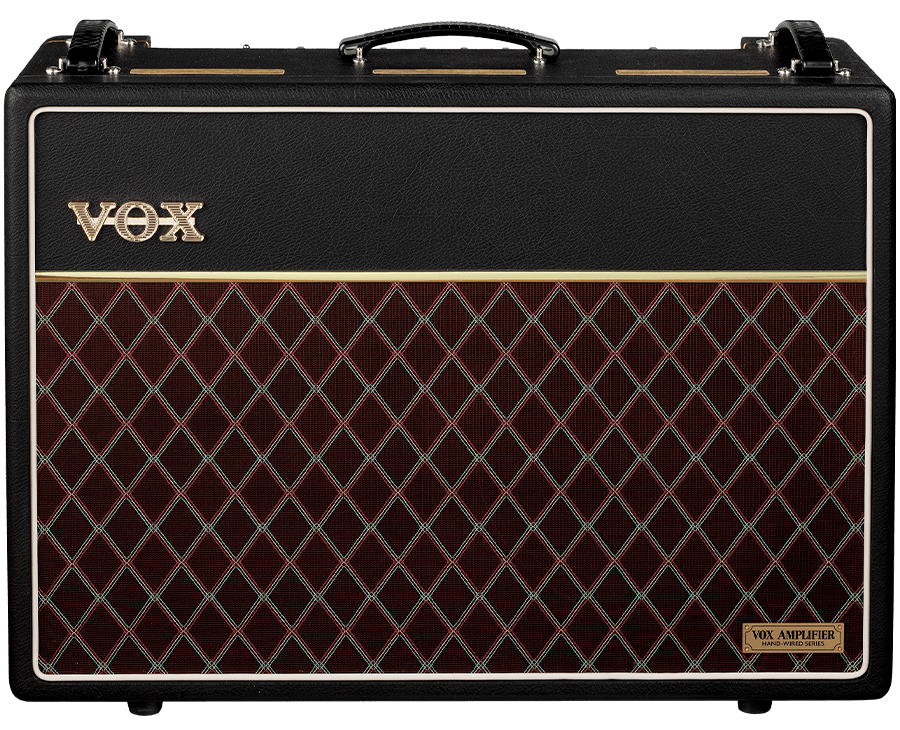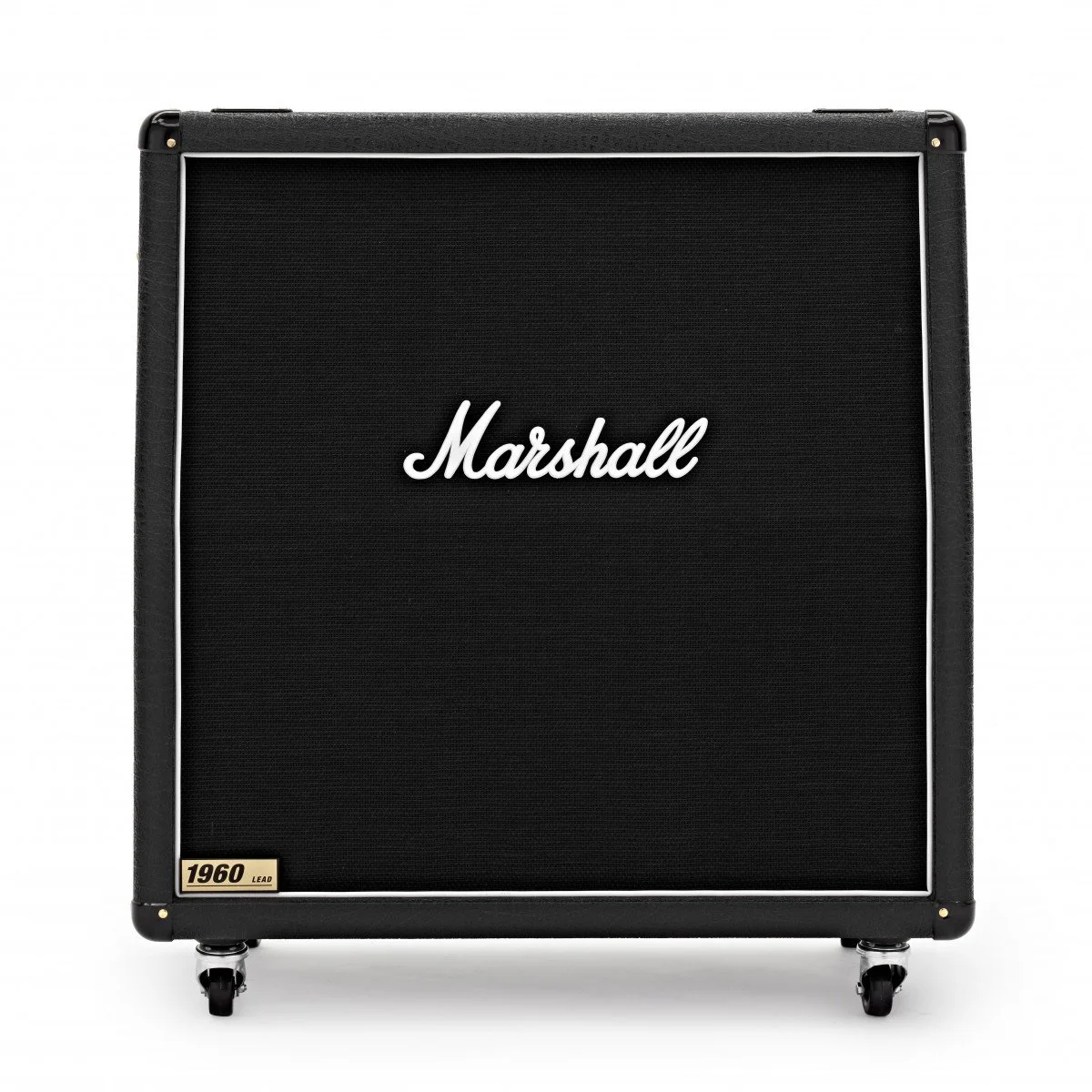Is It The Amp or The Guitar?
If we tell the truth, many of us love instruments so much we end up with several. Several is a nice word because it doesn’t imply a specific number. Great instruments feel and play unique, but how often do we equate the sound with the guitar and not the amp?
It’s an interesting fact of audio physics that the sound that is most unique in our chain is the speaker and cabinet, with some impact from the output transformer where present as in most tube amplifiers, but not in solid state or DSP amps.
So if it really is the amp cabinet, why do so many of us think it is the guitar?
We can all agree that body style and pickups have a real impact of the output signal of the guitar. Some and I include myself believe that the body wood and construction have impact on the sound, although primarily in the acoustic resonance. Tone stacks change the signal and of course effects chains also impact the signal going into the power amp stage, but all those things that we love talking about and reminiscing about all contribute much less than the speaker and cabinet.
When we look at professional cabinet design, speaker placement, baffle style, internal volume, porting, open back, close back and then the speakers themselves in terms of their power agility, voice coil design, magnet type et. al. we cannot deny that this is where the real magic happens.
Let’s take three respected Fender amplifier designs as examples. Let’s pick the same year of manufacture and look at the Deluxe Reverb, the Twin Reverb and the Super Reverb.
In general players will align that they are all excellent amplifiers. However, they do sound different, everything in front of the input being identical. Some people prefer one over the other two. Others will want a different sound entirely and choose an alternate cabinet design and build. An older Marshall 4x12 sounds like itself, but is different from other similar 4x12s. We get this. Companies like Two Notes who build the widest selection and best sounding cabinet/speaker emulations understand this too, and that is why you will find different versions in the emulations of ostensibly the same amp, solely because the speakers are different. We also see this in amp pedals and cabinet options in tools from Universal Audio and others.
So far we are talking solely about the live sound experience, but when we get to recorded sound, it gets a lot more complicated. There are microphones involved, all with excellent frequency response but with subtly different response curves, that are further impacted by the preamp design in the recording desk and the settings therein from tonal mapping perspective. Then there is the recording medium itself, and of course the room where the recording takes place.
Let’s consider the person who says that they love the Rickenbacker guitar sound of the Beatles. Pick your play if the Beatles sound is not for you. The Rickenbacker contributes, but not as much as the VOX amp being used. And the sound of the VOX is further coloured by the studio space, the microphone(s) used, the console, the tape deck and the work of the engineer and producer. Since replicating anything after the amp is challenging, expensive and perhaps impossible, for most of us we can only go so far as the instrument and the amplifier.
And sometimes be chagrined because it doesn’t sound “right”. It actually sounds right, but without all the other factors that impact our audio interpretation and extremely unreliable audio memory.
So maybe, just maybe, we would be better served finding sounds that please us, instead of going bankrupt trying to get the exact sound of a record. The quickest route there is the right speaker and cabinet.
If you like what I do here for you, please become a supporter on Patreon. Your monthly contribution makes an enormous difference and helps me keep things going. To become a Patreon Patron, just click the link or the button below. Always feel comfortable to send in a question or to post a comment. I read them all and respond as appropriate. Thanks for your support of my work. I’m Ross Chevalier and I look forward to sharing with you again soon.


